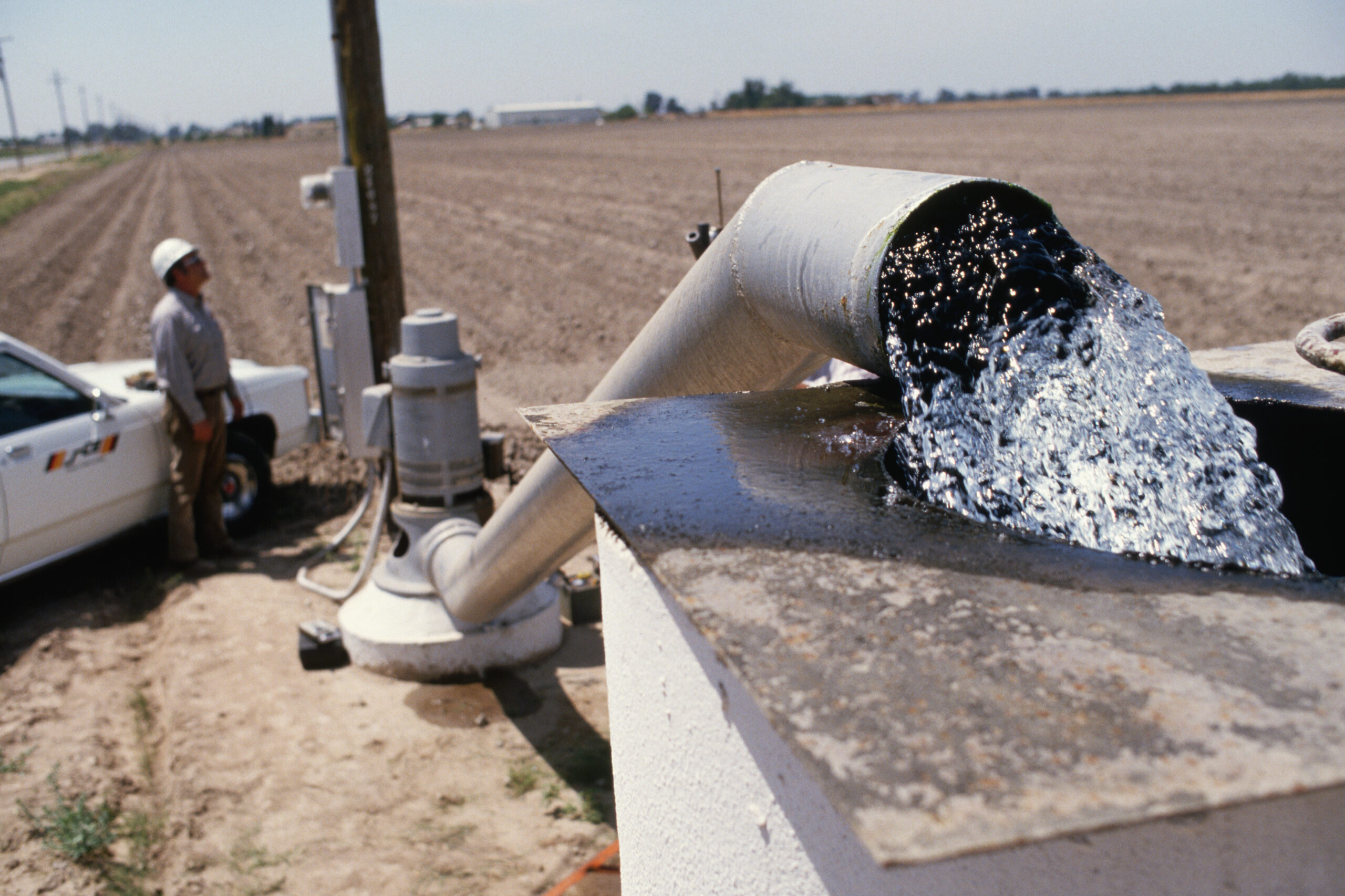
Officials in multiple cities across the United States in recent months have warned citizens about scams targeting water systems that involve payments to improve so-called quality issues and provide adequate testing.
Why It Matters
The Federal Trade Commission (FTC) and other groups continually warn Americans about being vigilant when it comes to their utilities, including gas, water and electric.
Some scams can involve requesting a fee prior to any service being done or actual problems being identified. Other scams, like ones in different pockets of the country, have involved leaving door hangers on residents’ doors to show bad water quality—while others have knocked on doors and requested to enter homes without identifying themselves as employees of a city or utility company.
If a suspected scam occurs, the FTC encourages Americans to always call a utility company or local department to confirm whether an issue exists. They also tell people to never wire money or pay with a reloadable card, gift card or cryptocurrency—different payment systems often utilized by scammers.
What To Know
Water-based scams have occurred from coast to coast.
In Gwinnett County, approximately 30 miles northeast of Atlanta, the county’s Gwinnett Water Resources received reports this week of supposed utility companies leaving door hangers on community homes deeming the local water unsafe. The hangers included notes offering to test water inside residents’ homes.
“We’ve received reports of residents finding door hangers or being approached by companies claiming that the local water quality is unsafe,” Joe Sorenson, communications director for Gwinnett County, told Newsweek. “These messages often come from businesses attempting to sell water filtration systems.
“It’s important for residents to know that Gwinnett County’s drinking water meets or exceeds all federal safety standards and is safe to drink.”
Getty Images
Sorenson said these types of misleading solicitations have been around for several years. At the moment, it’s unclear how many county residents have been contacted by these companies, or if any arrests have been made in correlation to the scams.
“Gwinnett County Department of Water Resources is committed to educating residents about the quality of our water and the integrity of our service,” he added. “We provide accurate, accessible information through resources like our annual water quality report.”
A resident of Bristol, Connecticut, last month claimed that two strangers knocked on their door wanting to test the homeowner’s water because it was purportedly contaminated, according to local ABC affiliate WTNH. They also asked if the homeowner had any children.
Robert Longo, superintendent of the Bristol Water and Sewer Department, told Newsweek that similar scams have occurred over the years and come in different forms. He recalled arrests being made five to 10 years ago in accordance with such crimes.
“It’s a matter of being vigilant,” Longo said.
He’s heard of scammers going door to door. Some of them will claim not to speak English.
Others are caught on home cameras attempting to gain entry, which Longo said can involve two individuals at a home—one to speak to the resident/homeowner, and the other working to gain entry.
Some images and video are posted on local social media pages to inform residents.
He’s also heard of scammers actually showing up to residences with a generic vehicle labeled “Water Department” but without the municipal logo. He encourages residents in such situations to look at license plates to confirm they are municipal vehicles.
“That is not something you can easily fabricate,” he said.
Central Arkansas Water (CAW), a metropolitan water system that serves about 500,000 Arkansans in eight counties—including 125,000 residential customers—has warned customers this week about a scam similar in scope to what has happened in Gwinnett County.
Door hangers placed on homes are being linked to an unknown individual(s) identifying themselves as C&P Clearwater LLC, according to local CBS affiliate THV11. The scammer is suggesting that water tests be performed.
CAW has denied any affiliation with such individuals. They advise residents who received hangers not to engage with the individuals or let them into their homes, as well to not provide any personal information.
A similar situation happened in February in Fairfield, California, where a female homeowner said that a strange man and woman showed up on her porch requesting to come into her home.
“He says, ‘What we’re doing in the neighborhood is we’re checking the 94533 ZIP codes, which your water is contaminated.’ I said, ‘What do you mean, contaminated?'” Fairfield resident Martha Andrade told local NBC affiliate KCRA.
Andrade said she hadn’t received any notice from her water company about contamination.
In December, residents of Santa Maria, California, reported to local officials that scam artists were in their neighborhoods selling water treatment units—telling homeowners that the costs associated with the units would be reimbursed by the city, according to local NBC affiliate KSBY.
The city said the water quality was fine and met all health and safety standards.
Residents in the western Chicago suburb of Cicero have also been inundated with scams aimed at water quality. Tags on front doors with phone numbers are urging residents to call for testing.
“It’s fear to our residents who work very hard—blue-collar community—and we don’t want them taken advantage of,” Cicero Water Department Director Lido Manetti told CBS News.
Newsweek reached out to officials in affected cities for comment.
What People Are Saying
Ismael Vargas, director of the Cicero Business License Department, to CBS News: “It’s becoming harder and harder trying to catch this scam.”
What Happens Next
Those who may have been scammed and gave money to offenders have different options, including reporting the scam to their respective utility company, the FTC at ReportFraud.ftc.gov or to their state attorney general.
